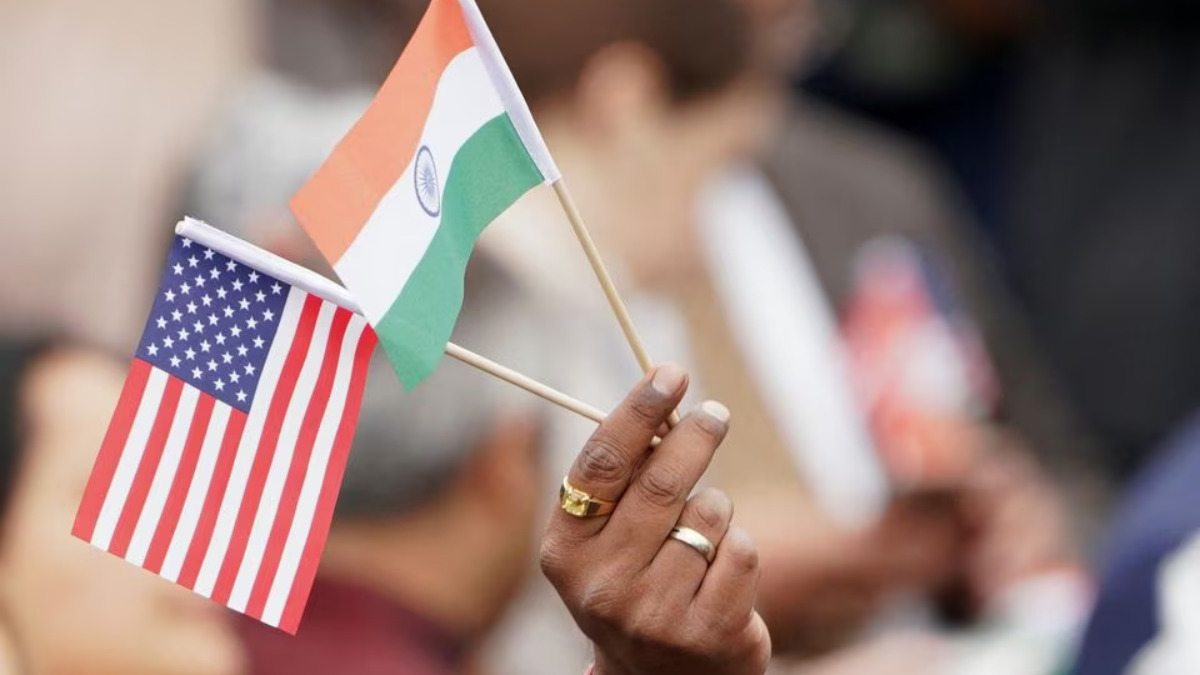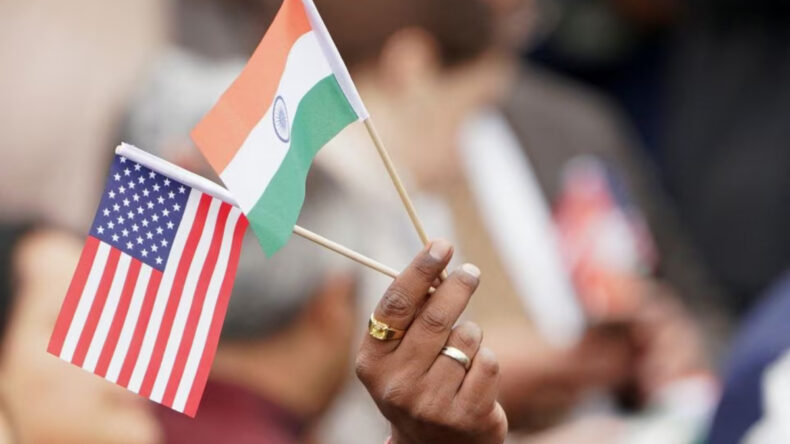On Wednesday, the U.S. official responsible for East Asia stated that the United States anticipates an enhanced collaboration with India in the South China Sea. This region has experienced numerous conflicts over territorial claims involving China and neighboring nations.

During Indian Prime Minister Narendra Modi’s recent state visit to Washington, the United States and India proclaimed their status as “one of the closest partners globally.” They emphasized the importance of upholding international law to tackle issues related to the maritime rules-based order, particularly concerning the South China Sea.
Daniel Kritenbrink, addressing the Center for Strategic and International Studies in Washington, stated that the United States has observed a noticeable and increasing pattern of Chinese “coercive” actions in the contested waters.
In response to a question regarding India’s involvement in the South China Sea and increased cooperation with the United States in the region, Kritenbrink affirmed by saying “Yes.” He further mentioned that there would be enhanced coordination among a collective of regional powers, including the United States, India, Japan, and Australia, commonly referred to as the Quad.
What’s ahead for the US in South China Sea?
Kritenbrink emphasized that the United States prioritizes bolstering the capabilities of its allies, partners, and like-minded nations who share a common goal of a peaceful and stable global order. He stated that the U.S. is open to collaborating with any country that shares this vision, specifically highlighting India as one such country. Additionally, he expressed the view that larger nations should refrain from intimidating smaller ones, referencing China’s conflicts with other claimants in the South China Sea.
The disputed regions of the South China Sea, which serve as a crucial trade route facilitating over $3 trillion worth of annual maritime trade, are currently experiencing heightened tensions.
China asserts its territorial claim over almost the entirety of the South China Sea, emphasizing that disputes should be resolved by regional countries without external intervention.
According to the spokesperson from China’s embassy in Washington, Beijing’s stance on the South China Sea is grounded in strong historical and legal foundations. They emphasized that the United States, as a non-party to the disputes, should refrain from engaging in military operations within the region.
Liu Pengyu, speaking at a news briefing, stated that if the United States genuinely prioritizes stability in the South China Sea and wishes to prevent any mishaps, it should cease its reconnaissance operations targeting China.
The United States has been attempting to restore direct military communication with China to prevent misunderstandings that could potentially escalate into unintended conflicts. However, China has been reluctant to engage in such efforts.
Despite not being a claimant in the South China Sea, India has increased its security partnerships in the region, indicating its intention to assume a more significant role in initiatives aimed at countering China.
On Wednesday, the Indian navy announced its decision to gift an operational missile corvette to Vietnam, marking the first instance of India providing a warship as a gift to another nation.
Kritenbrink highlighted the occurrence of “unsafe maneuvers” conducted by Chinese vessels within Vietnam’s exclusive economic zone, specifically in the vicinity of oil and gas installations. He expressed concern that China’s provocative actions increase risks for businesses, leading to the exclusion of competition and potentially facilitating joint development agreements between China and its state-owned enterprises.













